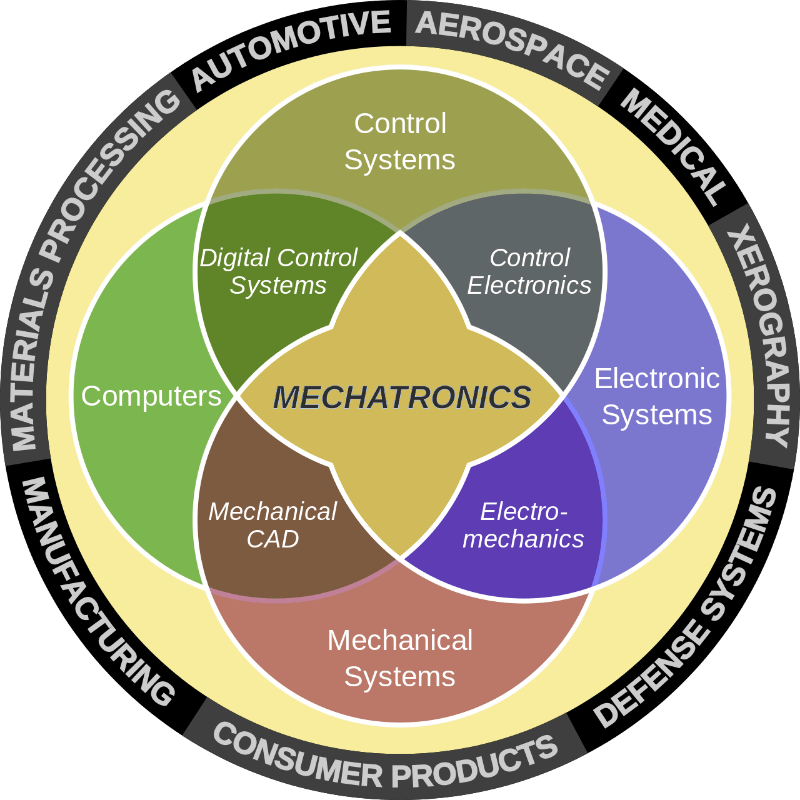New and improved functions are achieved by combining mechanical design, control engineering, programming and embedded control systems. Based on the students' previous knowledge in physical prototypes, CAD, mechanics and electrical engineering, the course will give a basic knowledge in mechatronics. The main part of the course acts to train your skills in using mechatronic tools to build prototypes with some intelligence. To be able to produce physical mechatronic prototypes, modern prototyping machines will be used, such as 3D printers, laser engraving machines, prototype milling machines, water jets, vacuum forming machines and manual tools. A large part of the course is related to a project task, where the students make mechatronic physical prototypes in groups.
The laboratory sessions are intended for programming of embedded systems.
